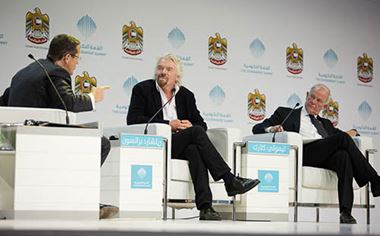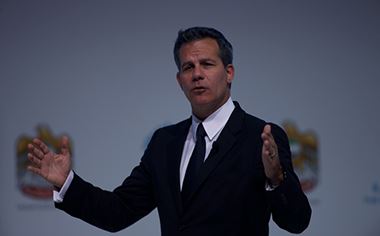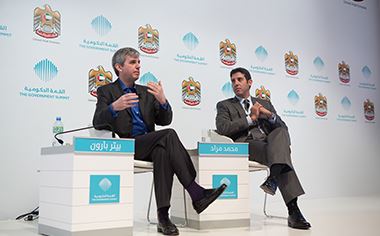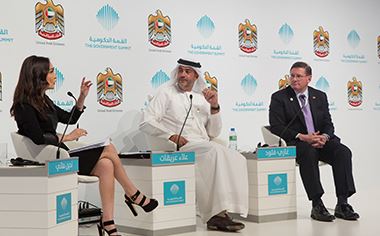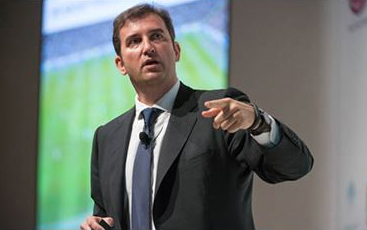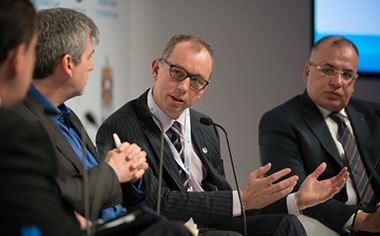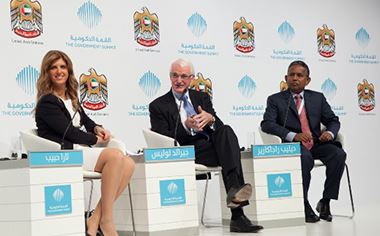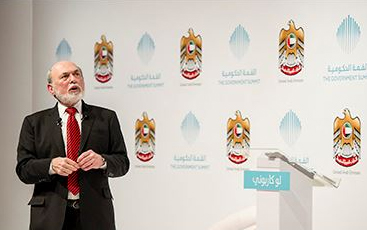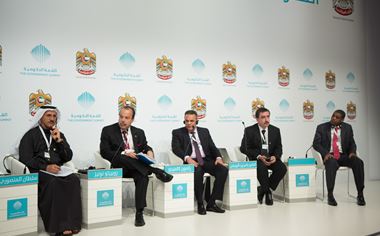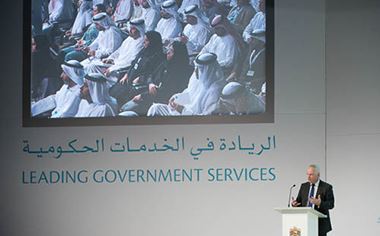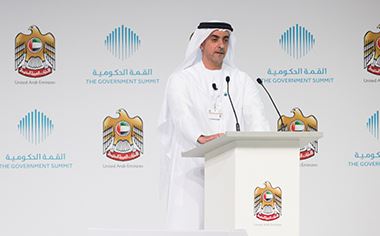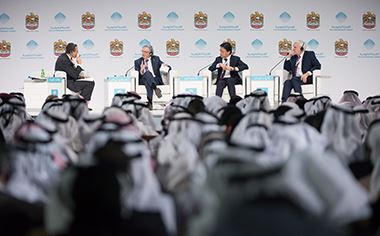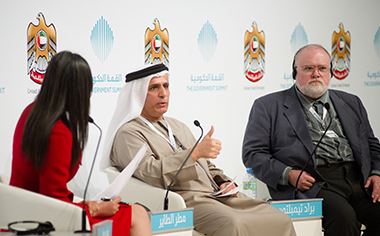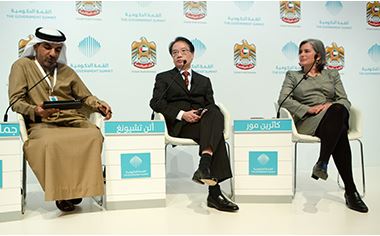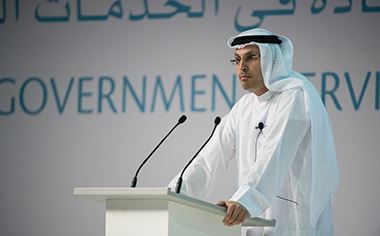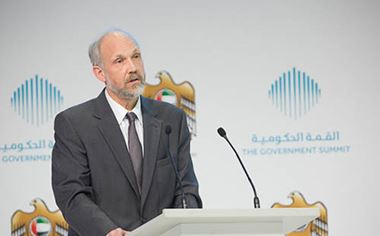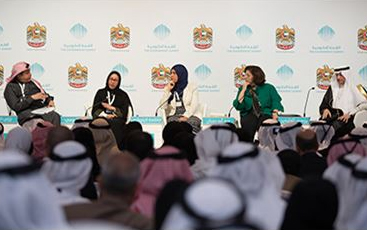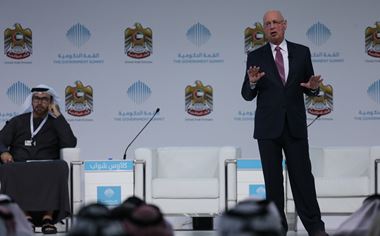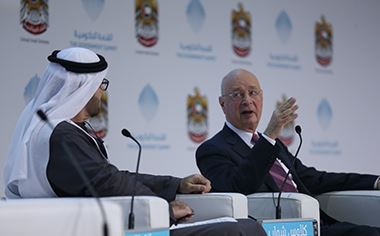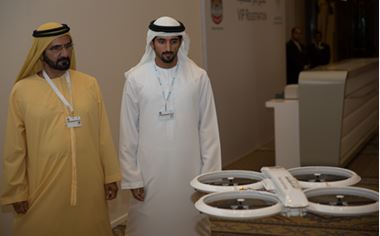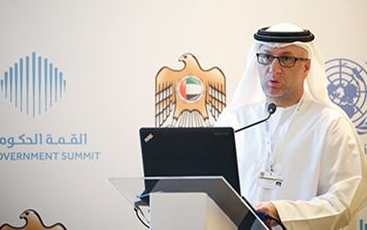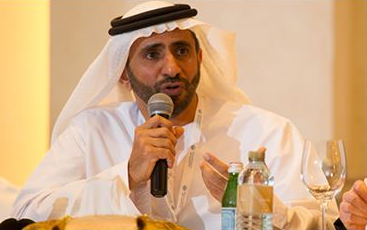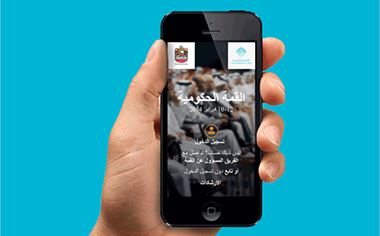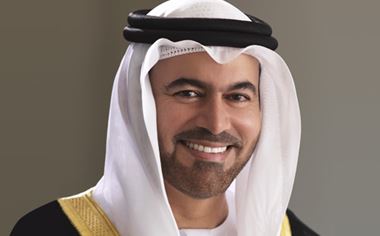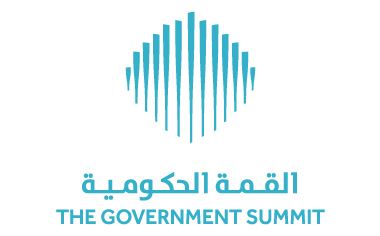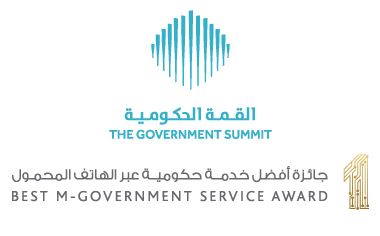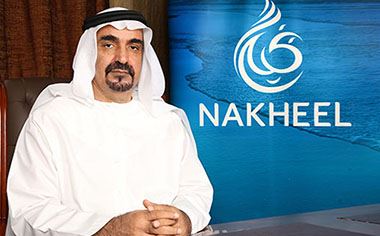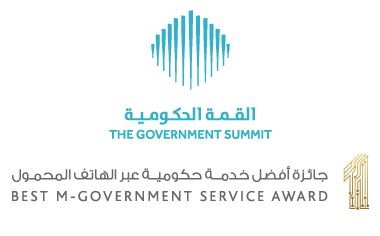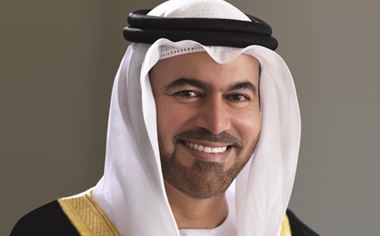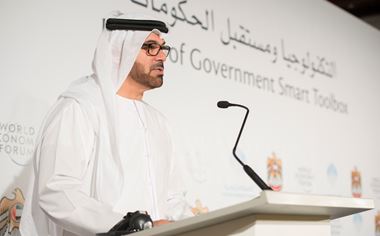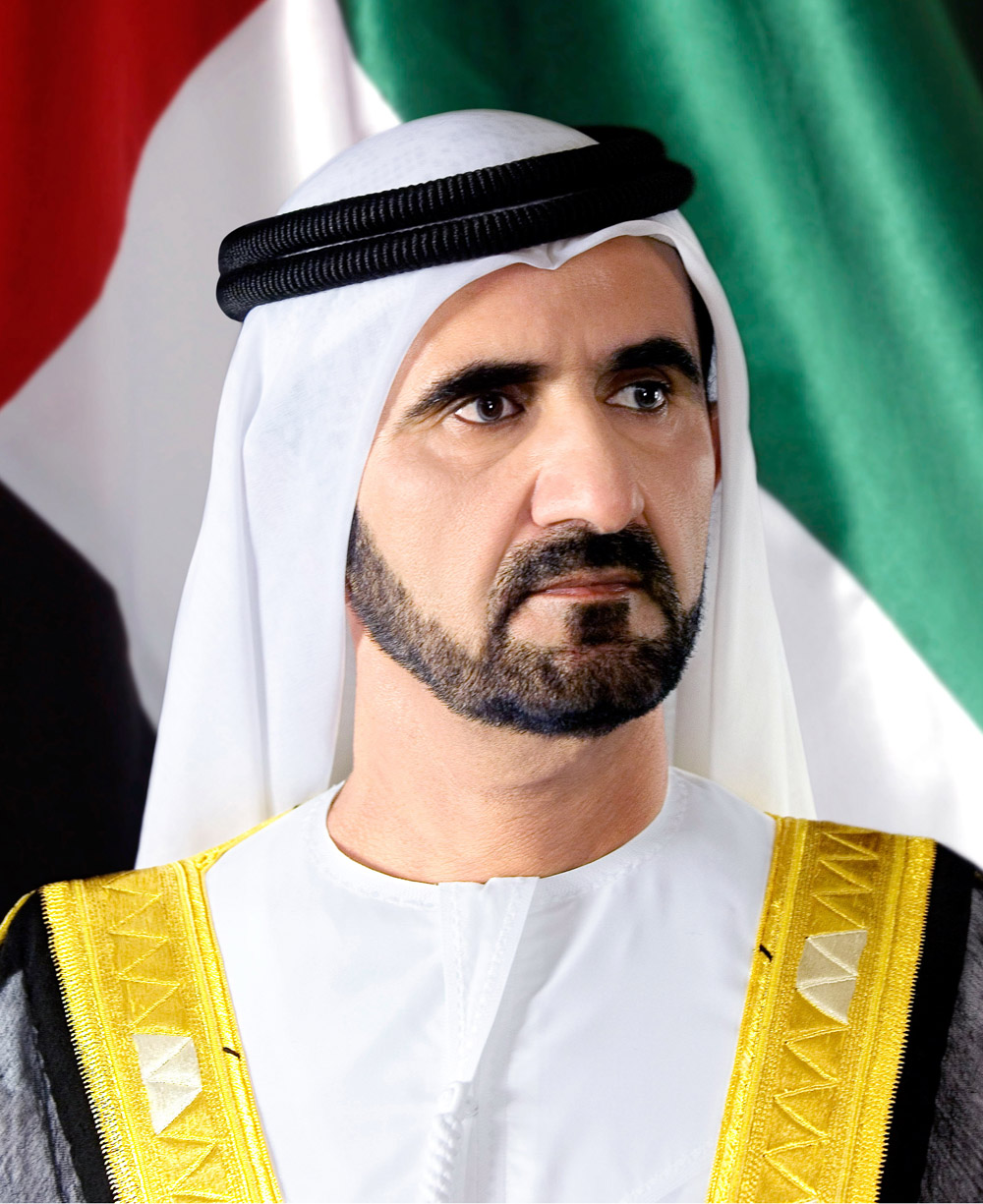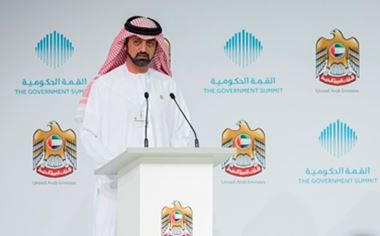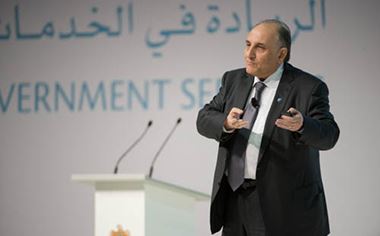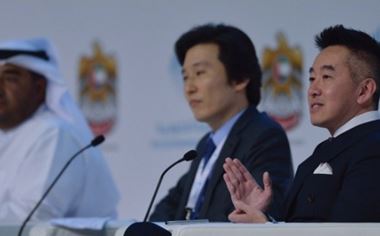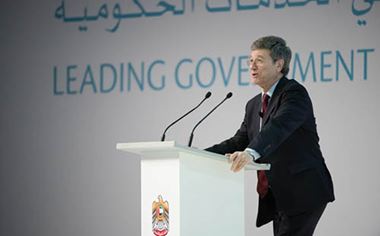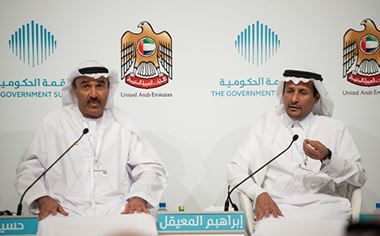Plenary: “first class” government services: what governments can learn from leading airlines
His Highness Sheikh Mohammed Bin Rashid Al Maktoum, Vice-President and Prime Minister of the UAE, and Ruler of Dubai, has clearly conveyed his vision for the kind of services he required from the government. “I want the Government of the Future to provide its services 24 hours a day, like airlines,” HH has said.
Indeed, leading international airlines have set benchmarks for addressing the needs of a wide range of customers across the globe.
Sir Timothy Clark, President of Emirates Airline (UAE), and Sir Richard Branson, Founder, Virgin Group (UK), participated in a high-profile plenary session titled ‘First Class Government Services: What Governments Can learn From Leading Airlines,’ concluding Day 1 of The Government Summit.
The panel highlighted how airlines design and manage “first-class services” and agreed that customer service is the key to success in any domain – be it an airline, or a government. Service delivery and customer satisfaction are the two main differentiations that will make any airline or government entities successful.
Sir Richard Branson recalled a time when the American airlines industry lacked customer service. It was during that time that he took advantage of the gap in customer service to start his own company.
Sir Timothy Clark recalled a similar situation 50 years ago when governments with old-fashioned management used to run the airlines. This kind of management had caused some airline companies to fail.
“It was during the landscape of mediocre airline industry that we started to focus on our unique selling proposition - service delivery and customer satisfaction. This is the bedrock of our business model,” the president of Emirates airline said.
He said Emirate airline then designed products that are better and more innovative. “We found out that it was not difficult,” he noted.
Vital is the identification, recruitment and retaining the right people, said the panel.
To be able to deliver a first-class service, Branson said it is very important to care for your own people, and that your staff are proud of working in your company. “I don’t necessarily have to tell the staff how to behave. I give them tools and I make sure that they are proud of the company they work for.” Branson pointed out.
Clark added: “We select attitude. We maintain the ethos on who we recruit, and the sustained training that we give them.”
Branson gave an example where some airline companies do not consult the staff when deciding on their uniforms. “In some airlines, some shoes cause some blisters and discomfort,” he said, adding that if details were sorted at the employee level, customer satisfaction would certainly follow.
Adapting these learning in the government is recommended, and key to delivery is a keen focus on detail, according to Clark.
Clark emphasised the top-down management approach where the top management is closely involved from strategy development until its execution.
“Growth is always a concern,” said Clark. “But we make sure that we don’t create silos or compartments. The bigger we become, the harder we work,” he added.
Branson added: “I was very hands-on in the first few years. And the spirit of Virgin is still as good as it was years ago. The top management should like people and care for them. Why should the people below them care about people too if they [the top management] don’t? They should care for all including those cleaning the floor and manning the phones.”
In the case of hiring a senior executive from another company, it is necessary that he learns the professional building block of Emirates and that means to even unlearn the blocks he has brought with him, noted Clark.
Branson concluded that the most important thing is for the employees to enjoy working. “Work should be fun and enjoyable,” he said.
